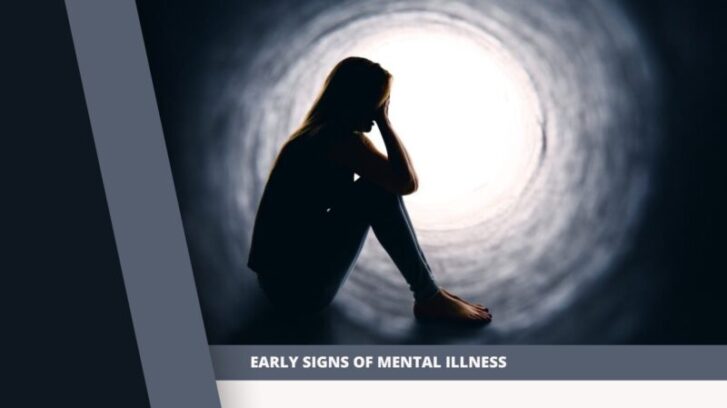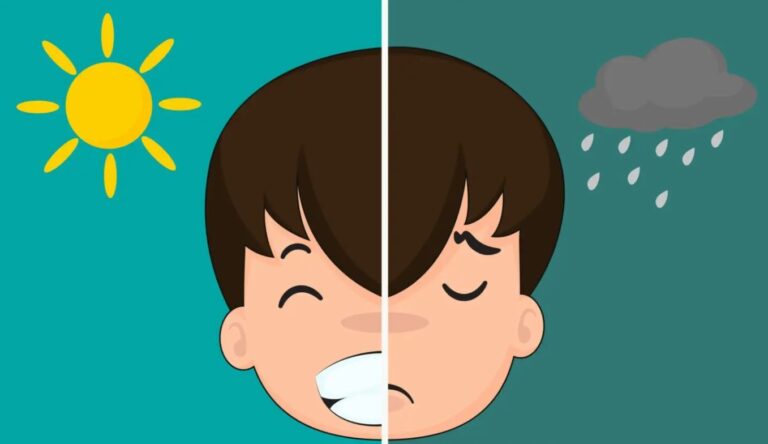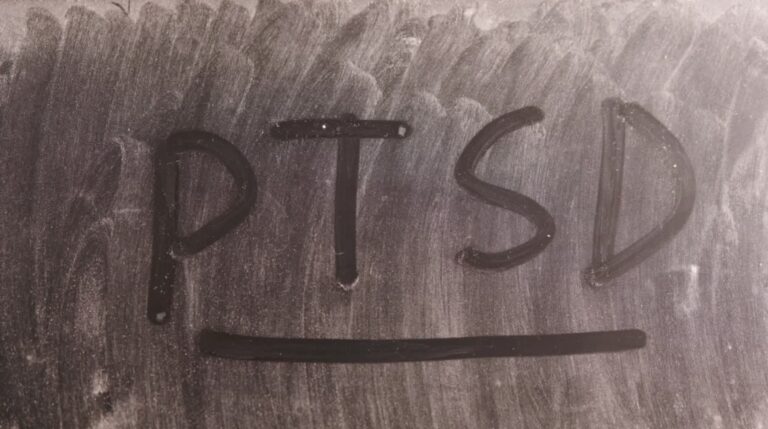Despite being an integral part of our lives, mental health remains an often misunderstood and overlooked topic. It is as essential to our well-being as our physical health, and when not tended to, can lead to mental illness. Recognizing early signs can be crucial in receiving timely help and making a significant difference in recovery or management. So, sit back, grab your favorite cup of coffee, and let’s explore this topic together.
Before we delve into the early signs, let’s first familiarize ourselves with the concept of mental illness. Mental illnesses refer to a wide range of mental health conditions — disorders that affect your mood, thinking, and behavior. These could range from common conditions such as depression, anxiety disorders, and schizophrenia, to more complex ones like post-traumatic stress disorder (PTSD) or bipolar disorder.
Having occasional bouts of feeling down or anxious is an ordinary part of life, but when these feelings persist, intensify, or start to interfere with your daily life, they could indicate a mental health problem.
Spotting the Early Warning Signs
Identifying early signs can sometimes be like finding a needle in a haystack. These signs can be subtle and easy to overlook, and some people might not show any signs at all until much later in the condition. Here are some common early signs of mental illness:
- Feeling sad or down: Persistent feelings of sadness, hopelessness, or lack of interest in activities you usually enjoy could be a sign of depression.
- Excessive fears or worries: Anxiety is more than just feeling worried. It can involve feelings of panic, unease, or fear that are hard to control and can affect your daily activities.
- Extreme mood changes: Unusual mood swings, from feeling incredibly happy or irritable to feeling very sad or hopeless, could indicate a condition like bipolar disorder.
- Social withdrawal: Isolating oneself and avoiding social activities can be a sign of various mental health issues, including depression and anxiety disorders.
- Significant tiredness, low energy, or problems sleeping: These could be signs of various conditions, including depression, anxiety, or conditions like insomnia.
It’s important to remember that everyone experiences some of these signs from time to time. It’s when they persist or worsen that it might indicate a mental health issue.
Seeking Help
If you notice these signs in yourself or someone you care about, it’s essential to take action. Reach out to a trusted healthcare provider or mental health professional. They can help determine whether these symptoms are due to a mental health condition, and guide you through the process of diagnosis and treatment.
How Can You Help?
When it comes to mental illness, one of the most important steps you can take is being informed. The more you understand mental health, the better prepared you are to notice signs and symptoms in yourself and others. Here’s what you can do:
- Stay Informed: Learn about different mental health conditions, their symptoms, and treatment options. There’s a wealth of information online, but remember to use reputable sources, such as healthcare providers, mental health organizations, or educational institutions.
- Listen and Empathize: If someone opens up about their mental health struggles, listen to them without judgment. Empathize with their experiences and remind them that it’s okay to seek help.
- Encourage Professional Help: If you notice someone displaying signs of a mental health issue, encourage them to seek help from a healthcare provider or mental health professional.
Impact of Society on Mental Health
We all play a part in shaping societal attitudes and dispelling the stigma associated with mental health issues.
Sadly, the stigma around mental health is often what prevents people from seeking help. Society’s collective attitudes and misconceptions about mental illness can contribute to this stigma. People might be labelled, discriminated against, or treated differently due to their mental health condition, which can exacerbate their struggles and deter them from seeking help.
Breaking down this stigma starts with us. We can challenge misconceptions, educate ourselves and others, and foster understanding and acceptance.
Promoting mental health also involves creating safe spaces where people feel comfortable discussing their mental health without fear of judgment or discrimination. This could be in the workplace, in schools, or even within our own homes.
Employers, for instance, can promote mental health by offering programs that support employee well-being, providing resources for mental health, and fostering a work culture where people feel safe to discuss mental health.
Communities also play a vital role in supporting people with mental health issues. This could involve providing resources, raising awareness, or creating programs that support mental health.
Local mental health organizations can provide valuable resources such as support groups, counseling services, or mental health education programs. They can also help connect individuals to mental health services and provide support for those living with mental health conditions.
Physical Indicators of Mental Illness
In addition to the emotional and behavioral signs of mental illness, there can be physical indicators as well. Physical symptoms often overlap with other health conditions, which can make them harder to attribute to mental illness, but they’re equally important.
- Sleep disturbances: This could range from insomnia, which is trouble falling asleep or staying asleep, to hypersomnia, which involves sleeping for an extended period.
- Changes in appetite or weight: Some people may experience a lack of appetite, leading to weight loss, while others might find themselves eating more and gaining weight.
- Physical aches and pains: Some mental health conditions, like depression, can manifest as physical symptoms like headaches or back pain.
- Lack of personal hygiene: Neglecting personal care such as not showering or brushing teeth regularly can be a sign of several mental health conditions, including depression and psychotic disorders.
The Role of Lifestyle in Mental Health
Lifestyle factors can play a significant role in mental health. Certain changes or patterns can indicate the onset of mental illness:
- Substance use: An increase in substance use, including alcohol, illicit drugs, or misuse of prescription medication, can often indicate an underlying mental health issue. Substance use disorders often co-occur with other mental illnesses.
- Changes in performance: This could be at school or work. For example, a usually stellar student might start failing tests, or a typically reliable employee might start missing deadlines.
- Risky behavior: Engaging in risky behavior, such as reckless driving, unsafe sex, or excessive spending, can sometimes be a sign of mental health issues like bipolar disorder.
Understanding the Spectrum of Mental Health
Just like physical health, mental health exists on a spectrum. Everyone experiences mental health differently, and the same mental illness can look different in different people. Some people might have mild symptoms, while others might have severe symptoms. Some might have a single episode, while others might have recurring episodes.
Moreover, the onset of mental illness is usually a gradual process rather than a sudden one. The signs we discussed don’t appear all at once but rather over time.
Therefore, it’s important to be attentive to any changes in your own or a loved one’s thoughts, feelings, or behaviors, and seek help if you notice something concerning.
Early Intervention is Key
Recognizing the early signs of mental illness and seeking help promptly is key. Early intervention can lead to more effective treatment, prevent the condition from worsening, and improve the overall quality of life.
If you or a loved one are experiencing any signs or symptoms of mental illness, it’s essential to reach out to a healthcare provider. There are many effective treatments available, including psychotherapy (talk therapy), medication, lifestyle changes, and more. With the right help, people with mental illness can lead fulfilling, productive lives.
Wrapping Up
Mental health isn’t something that should be taken lightly. It’s as essential to our well-being as physical health, and recognizing the early signs of mental illness can make a significant difference in recovery or management. Stay informed, be empathetic, and remember, it’s okay to seek help.
To wrap up, I’d like to leave you with this thought – mental illness does not discriminate; it can affect anyone, at any age, and in any walk of life. Awareness and understanding are the first steps towards better mental health for everyone. Remember, it’s okay not to be okay, and there’s no shame in reaching out for help.
Related Posts:
- Probiotics and Mental Health - The Gut-Brain Connection
- The Importance of Discussing Men’s Mental Health
- Urgent Care for Mental Health Management - Treatment…
- How Mental Health Counseling Helps with Anxiety -…
- How Social Media Directly Impacts Your Mental Well-Being
- What to Expect in Mental Health Treatment? Find Your…


















